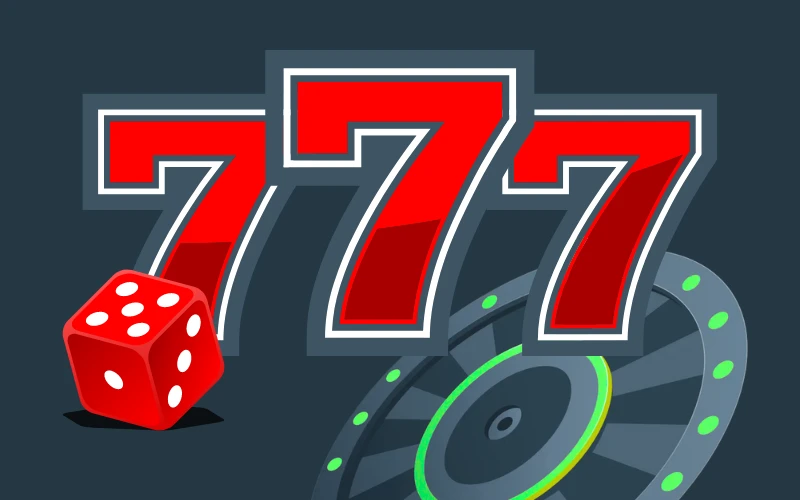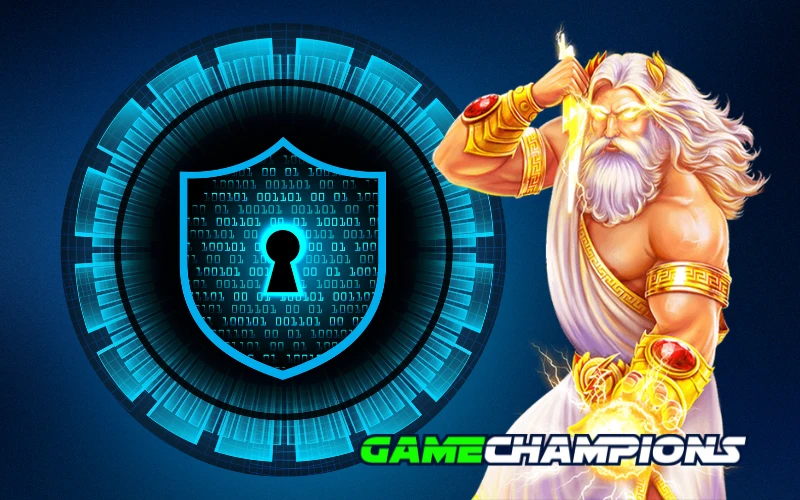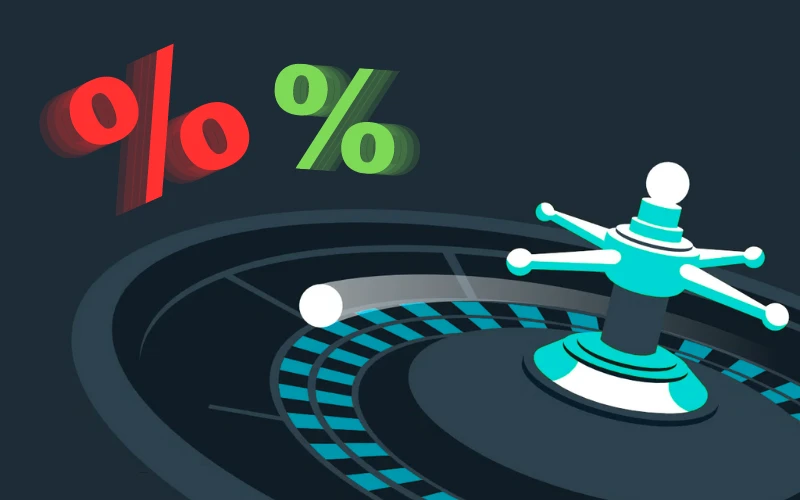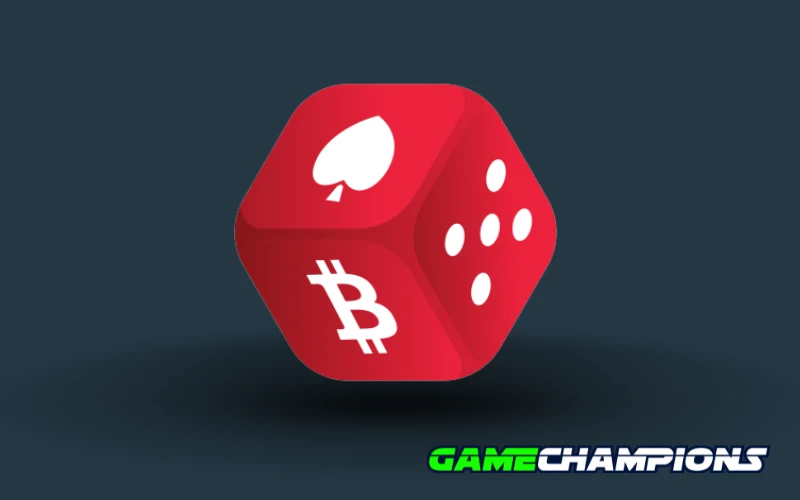Provably Fair in Online Gambling
Are Online Casino Games Rigged? Here's Why Provably Fair Matters More Than You Think

Let's be honest, traditional online casinos often operate behind a veil of secrecy. Random Number Generators (RNGs) determine game outcomes, but who truly knows if they're truly random? This lack of transparency breeds doubt and skepticism, leaving players wondering if the odds are truly stacked against them.
Provably fair technology throws open the black box of RNGs, allowing players to verify the fairness of each game themselves. This ingenious system utilizes cryptography, the same technology that secures cryptocurrencies like Bitcoin, to ensure transparency and trust.
What is Provably Fair in Online Gambling
Suppose you're at an online casino, but instead of crossing your fingers and hoping for the best, you can verify for yourself that every roll, spin, and shuffle is entirely fair. Sounds impossible, right? Not anymore! Thanks to "provably fair" technology, this dream is becoming a reality, you can now be 100% sure that the slots RNG system is not in fact rigged against you.

The Provably Fair Algorithm
The provably fair algorithm is a mathematical method called cryptographic hash functions used by casinos to ensure each roll, spin, or dealer's impartiality and randomness. These complex calculations create unique codes from raw data.
Before a bet is placed, the casino creates a hash—essentially a cryptographic representation—of the upcoming game round data. This could include the bet outcomes, reel positions on a slot game, deck orders in a card game—basically anything defining a round's outcome. This hash is then provided to the player.
After the bet, players may verify the round fairness by comparing their hash with the game data after it unfolds. If the hashes match, the game round is verified as fair.
How Provably Fair Works

Let's say you're playing a game of online roulette. Before you place your bet, the casino generates a hash code reflecting the upcoming wheel spin result. You place your bet, the wheel spins, and then the result is revealed.
Here is the step-by-step of a Provably Fair Bet:
- Before you bet. The casino generates a unique seed, a random string of numbers, and encrypts it into a hash code. This code becomes your secret key to the game's fairness.
- You get in the game. You also generate your random seed, completely independent from the casino.
- The game begins. The outcomes are determined by algorithms using both your seed and the casino's seed, ensuring each round is unpredictable and unique.
- Verification time. After the game, you receive the casino's original seed. Remember that encrypted code from step 1? Now, you decrypt it using your seed
- The verdict? If both decrypted codes match, congratulations! You've just verified that the game was provably fair and free from manipulation.
This process may seem complex, but it's all automatically executed in the background as you play your games. Just know that when you're playing on a provably fair platform, every roll of the dice, every spin of the wheel, and each card dealt is fair and transparent.
Examples of Provably Fair Gambling

Alright, so what does provably fair gambling look like in action? Let's walk through a couple of examples where provably fair principles are applied.
Bitcoin Dice Games
For one, we have Bitcoin dice games, a popular choice among cryptocurrency enthusiasts. The results of a dice roll in such games are generated through a combination of the user's private seed, the server's secret seed, and a nonce (which represents the number of bets the user has made with that pair of seeds).

Using a provably fair algorithm, players are empowered to verify the fairness of each roll after the fact by comparing the server's revealed seed with their own and the calculated result.
Blockchain-based Lottery Systems
Another example would be blockchain-based lottery systems. With traditional lottery systems, there's an inherent trust element involved. You hope that the draw is conducted honestly, but you really can't be sure. The game's fairness rests solely on the operator's transparency. But, with a blockchain-based lottery, the system is transparent, auditable, and as a result, provably fair.

In both games, the key takeaway is that thanks to the provably fair technology, you're not just blindly trusting the operators to play fair. You're given the tools and information you need to confirm it for yourself.
Why Choose Provably Fair?
- Transparency: As one of the main advantages, provably fair gambling platforms provide complete transparency. Players may verify the fairness of each game outcome, ensuring that the dealer can't manipulate the results.
- Player empowerment: Instead of accepting results at face value, provably fair gambling gives players more control. They directly participate in the verification process, making them an active participant rather than just a passive gambler.
- Anonymity: Leveraging blockchain, provably fair games maintain your privacy. While ensuring integrity, your identity is kept hidden from prying eyes.
- Trust and integrity: Provably fair algorithms foster trust between operators and gamers, by eliminating the possibility of deceit and promoting an honest gaming environment.
- Enhanced user experience: Provably fair gambling boosts user engagement by providing an improved level of trust and satisfaction. Players can enjoy their games without worrying about the legitimacy of the results.
If it's Not Provably Fair Dont Get Involved with It
Provably fair technology isn't just changing the face of online gambling; it's shaking the very foundations of trust in online transactions. Empowering players with the tools to verify fairness, it has the potential to disrupt traditional gambling models and usher in a new era of transparency and trust. As this technology evolves and integrates with other advancements like blockchain, the possibilities for secure and transparent online interactions are endless. The future of gaming, and perhaps even online interactions as a whole, might just be provably fair.






